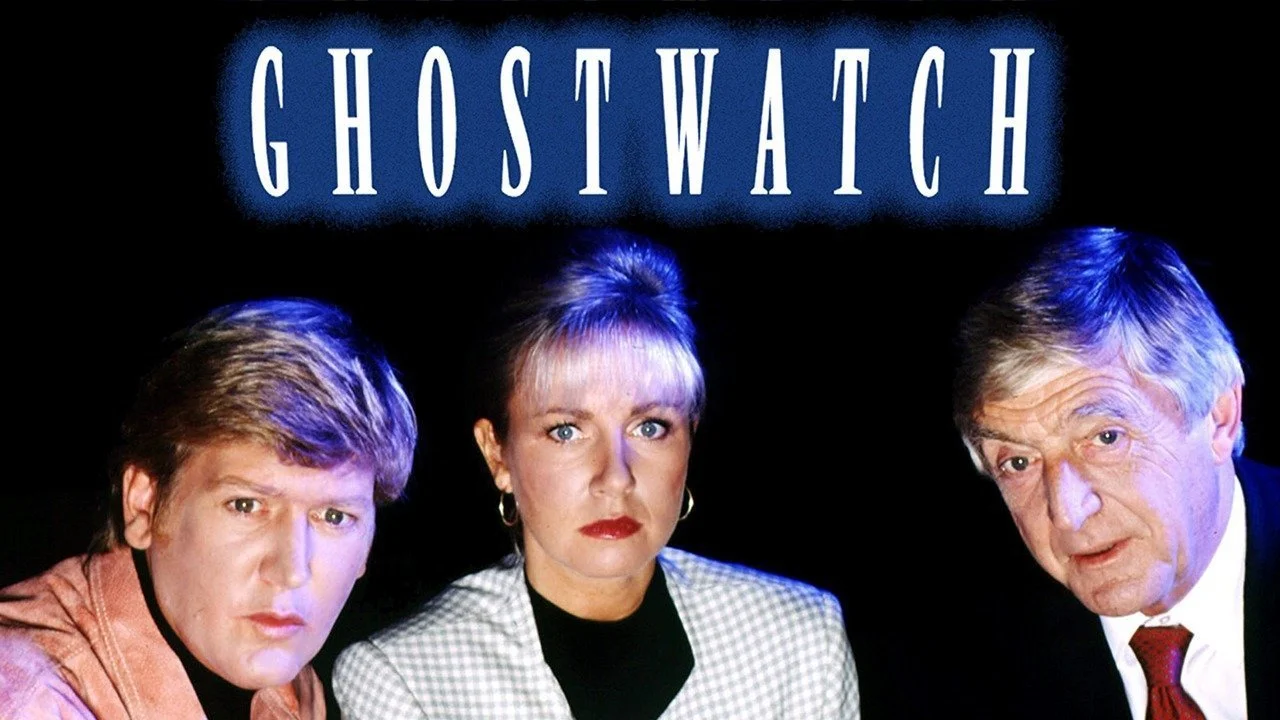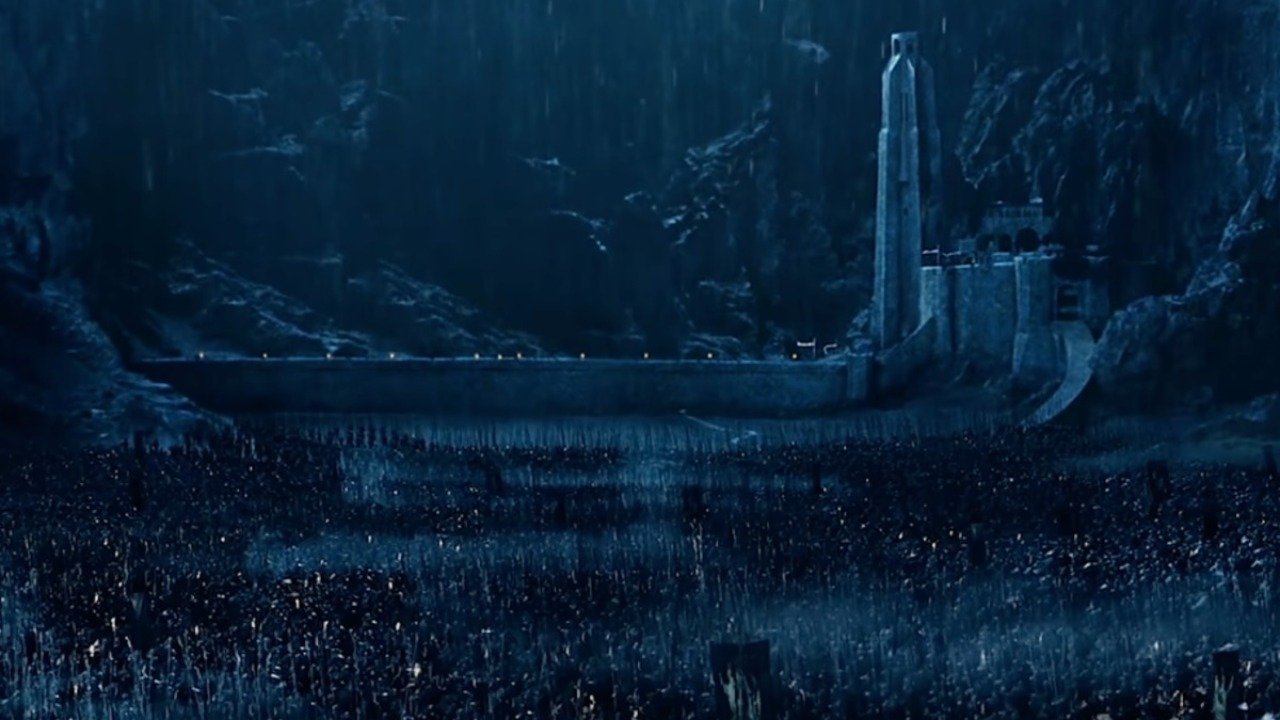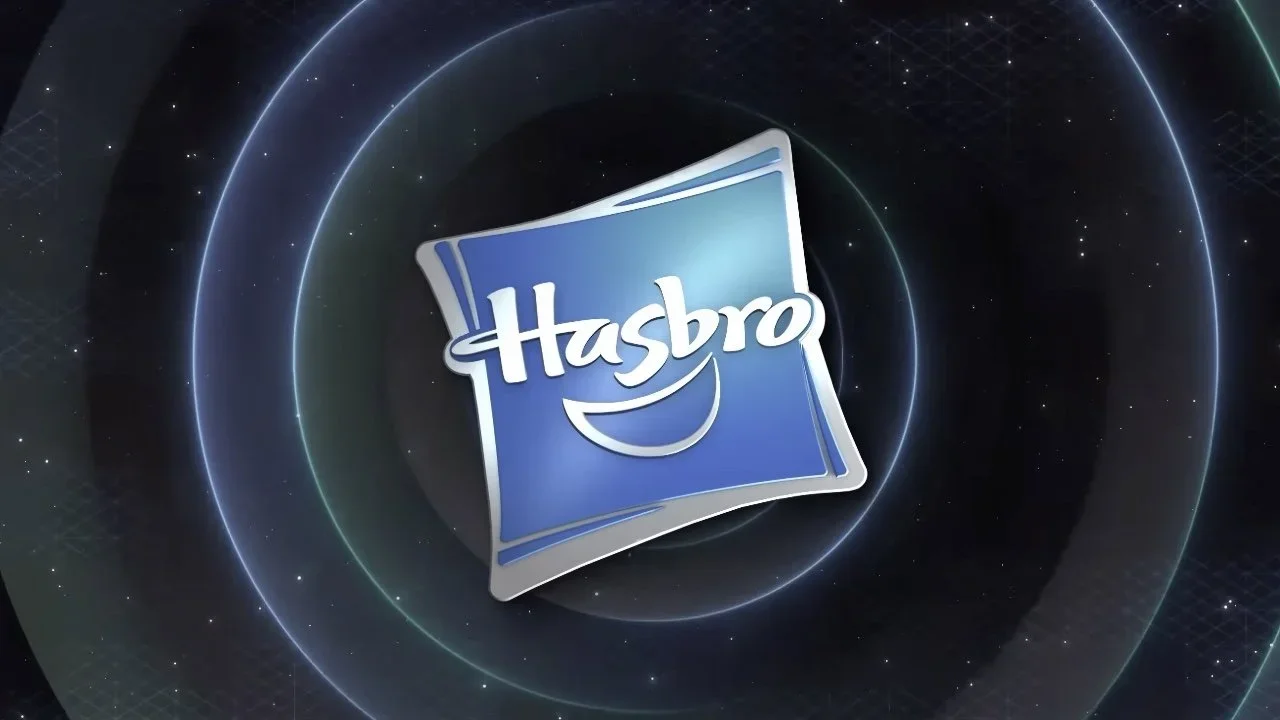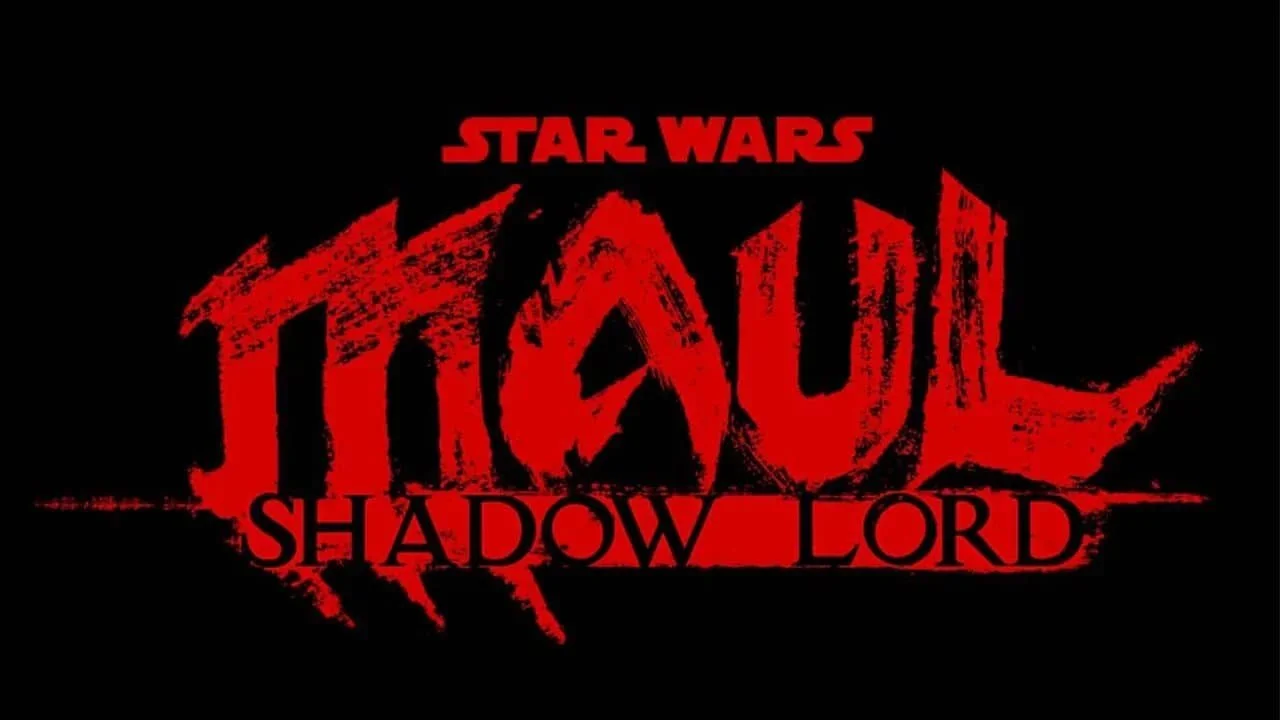'Ghostwatch': The Night The BBC Played A Spooky Prank On The United Kingdom
Image Source: Plex
The BBC may seem to set the standard for seriousness and respectability in broadcasting, but they do go rogue every now and then. Back in 1992, they pulled a practical joke on the general public so extreme that the program was never aired again.
In the 1990s United Kingdom, despite most households owning at least one television, as bizarre as it may seem, there were only four channels. A fifth channel, aptly named Channel 5, was not launched until 1997, so viewing figures were high. If a channel launched a special of any kind, viewership went through the roof. Ghostwatch was one such special. It was aired in a prime-time slot at 9:25 PM on Halloween and advertised on the front cover of the Radio Times, the most popular television magazine of the time. The BBC gave it a big build-up, and it worked with 11 million people tuning in. Mockumentaries and fake “found footage” films were not common at that time. This Is Spinal Tap! had been in cinemas ten years earlier, but that was easily identifiable as satire. Most mockumentaries tended to be for indie markets, had a comedic slant, and were easily spotted, until The Blair Witch Project/The Curse of The Blair Witch and Paranormal Activity.
Image Source: Manchester Evening News
RELATED:
Ghostwatch was the brainchild of writer Stephen Volk (The Awakening) and directed by Lesley Manning. The format was simple. They hired high-profile presenters to “investigate” a haunted house live on air. The BBC spared no expense with the talent. Long-running talk show host Michael Parkinson (think Merv Griffin) led the team, along with Blue Peter host Sarah Greene, Top of the Pops regular Mike Smith, and Red Dwarf favorite Craig Charles. These were all faces that the United Kingdom trusted. For the most part (except Craig Charles), all the hosts were presenters by trade, not actors that viewers were used to perpetuating fiction. Ghostwatch even provided viewers with a BBC phone number to call in with their paranormal experiences. However, it was only manned by five people, and there was no real chance of getting on the show. The giveaway was a writing credit at the beginning and an introduction by the “Beeb” describing it as a “film,” so anyone at home making a cup of tea during those first thirty seconds had the shock of their lives. Impressionable or younger watchers who had stayed up to watch found it very confusing. The BBC received over 30,000 complaints, but more worryingly, there were reports of children suffering from PTSD, and a man who took his own life after watching the show.
If you manage to find an online copy today, you will not find it to be that scary. Through modern-day eyes, Ghostwatch is positively tame compared to Paranormal Activity, but that was why vast segments were plausible. The setup was similar to the Enfield poltergeist: a single mother with two young girls in a seemingly normal semi-detached house with a few banging pipes initially as “concerned” fake viewers phone in with bits and pieces of the ghost’s backstory. Craig Charles interviewed people in the street outside the house. A keen observer might notice some of these “real” people as guest actors from Doctor Who, The Bill, and Coronation Street. However, this was way before the general public had computers in their homes (or their pockets) to look up actors on IMDb. It was easy to sneak them past the audience. We would hear ghostly cats coming from the basement and a picture flying off the wall. Sara Greene did a good job of playing the scared presenter trying to hold it together. By far the most terrifying moment was when one of the children crouched in the corner of the room and started speaking in a ghostly voice, in the style of The Exorcist. The broadcast ended with Parky himself being possessed back in the studio.
Although the BBC seemingly gave the audience fair warning, the crew did too good of a job in creating the illusion of reality, which ultimately, as proven by Orson Welles, was the scariest thing imaginable. It is a shame that Ghostwatch has never been allowed back on television as it was a trailblazer, and today viewers might have a greater understanding of the type of horror that Stephen Volk was pioneering.
READ NEXT:
Source(s): Manchester Evening News, Wikipedia [1], [2]














